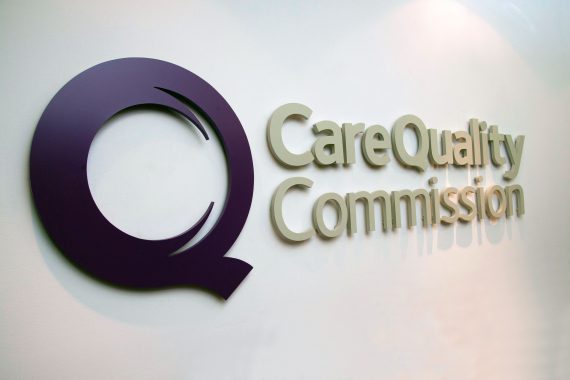The quality of care provided by GP practices in England ‘remains high’ with almost nine in ten good or outstanding, the CQC has stated in its annual report on its inspection programme.
Its review found that 83% of practices that the CQC has rated so far are good and 4% are outstanding.
But it added that like the rest of the NHS, GP practices were having to look at how they would maintain quality under ‘increasingly difficult conditions’.
The report said: ’The quality of care provided by primary medical services remains high. Despite a context of increased demand, coupled with a shortage of GPs and increasing vacancy levels, 83% of the GP practices we have rated so far are good and 4% are outstanding.
’The challenge for this sector, as for the rest of the system, is to consider what responses to increasingly difficult conditions will maintain quality, now and in the future.’
The CQC warned that all providers of health and care were operating in ’a time of unprecedented demand and financial challenge for health and social care, driven by the growing numbers of older people in need of care and support, and those with complex health and care needs’.
It also warned that pressures on the NHS were driven by a crisis in the care sector, which has reached ‘tipping point’. The CQC said that ‘the fragility of the adult social care market is now beginning to impact both on the people who rely on these services and on the performance of NHS care’.
It said that in relation to these pressures, it was increasingly seeing GP practices moving to work together in federations and the new multi-specialty community provider (MCP) model.
The report said: ‘We have started to see substantial changes in GP practices, with informal and formal federations being created to achieve economies of scale in care provision and to transform the services they offer.
‘We expect to see the first multi-specialty community provider being set up shortly – likely to be the first of many – that will seek to integrate provision of care more closely for population groups.’
On the small number of GP practices it found that were not up to scratch, the report said: ‘A small proportion of GP practices were rated inadequate (3%). We found that this is often underpinned, for example, by a poor safety or leadership rating.
‘Even though the percentage is low, it means that more than 800,000 people were registered with practices rated inadequate for safety, which remains a concern.’
But they also found that out of those practices requiring improvement, three quarters had improved following the rating.
GPC deputy chair Dr Richard Vautrey said it was ‘a remarkable level of achievement’ that so many practices were rated good or outstanding.
He added: ‘Those practices that are judged as needing improvement can fall into this category for a number of reasons and most will have already taken steps to make the necessary improvements suggested by CQC. No practice that delivers care in an unfit manner would be allowed to remain open.
‘Instead of demonising those practices that are struggling, we do need to ensure that every local GP service is given enough resources and staff so it can meet public demand.’

















